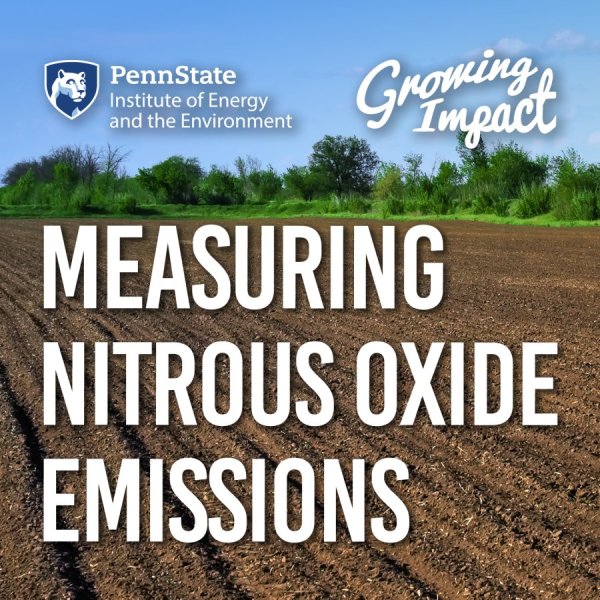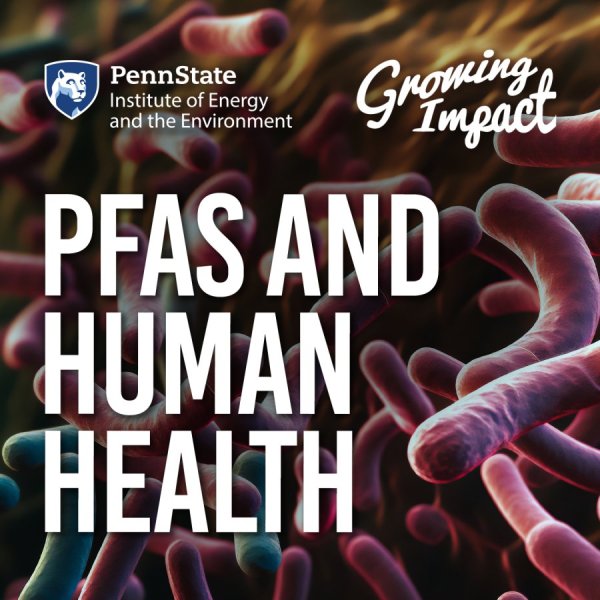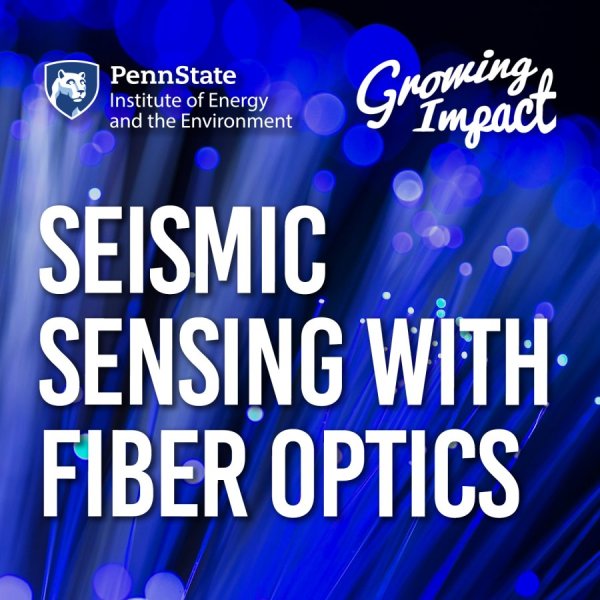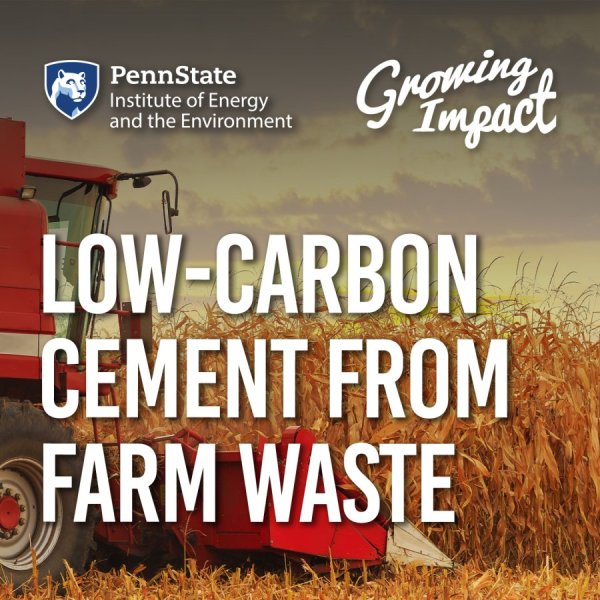Growing Impact is a podcast by the Institute of Energy and Environment (IEE) that explores cutting-edge projects of researchers and scientists who are solving some of the world's most challenging energy and environmental issues. Each project has been funded through the IEE Seed Grant Program.
Growing Impact: Microplastics in the marsh
In this episode:
- Name
- Name
- Name
How microplastics move, settle, and accumulate in tidal freshwater marshes—and what long-term sediment records reveal about the impacts of plastic pollution.
Growing Impact: Decoding wildfire smoke forecasts
In this episode:
- Name
- Name
- Name
As long-distance smoke reaches the Northeast, residents face confusing and often conflicting air-quality information. This episode explores how people interpret alerts, why forecasts disagree, and what clearer communication could mean for community preparedness.
Growing Impact: Energy-saving smart windows
In this episode:
- Name
- Name
How do you keep a building comfortable without wasting energy? A Penn State team is tackling that question with an innovative smart window. Using a responsive polymer, the window can block visible light, infrared heat, or both—automatically, without sensors or electricity. The technology could dramatically reduce energy use in buildings while giving architects new freedom to design spaces that work with, rather than against, the sun.
Growing Impact: Indigenous communities and Amazon oil
In this episode:
- Name
- Profile Photo
 NameRachel Brennan
NameRachel Brennan - Name
The Amazon, home to rich biodiversity and vital carbon-storing ecosystems, is also the ancestral land of Indigenous communities who are grappling with the devastating effects of oil extraction across Ecuador, Peru, and Colombia. These communities live amid widespread pollution from oil spills, toxic chemicals, and industrial infrastructure, which threaten their way of life and the health of their environment. In response, they are working alongside researchers to map the environmental destruction and strengthen their efforts to hold oil companies accountable while fighting to protect their lands and preserve their cultural heritage.
Growing Impact: Climate change, extreme heat, and infant health
In this episode:
- Name
- Name
Heat significantly affects pregnant women and infants, increasing risks like dehydration, heat exhaustion, and developmental issues in children. Expectant mothers are more vulnerable due to physiological changes, while infants face heightened danger because of immature temperature regulation. These challenges are further intensified for families with limited resources. Researchers are investigating these impacts to provide lawmakers with the knowledge needed to create protective measures for these at-risk groups.
Growing Impact: Cooling high-performance buildings
In this episode:
- Name
- Name
- Name
- Name
Cooling is energy-intensive, with air conditioning consuming a significant portion of electricity in homes and commercial buildings, while also contributing to greenhouse gas emissions and climate change. This creates a cycle of increasing energy demand for cooling. However, innovative materials that cool when strained offer a promising, sustainable solution for various applications.
Growing Impact: Measuring nitrous oxide emissions
In this episode:
- Name
- Name
- Name
Nitrous oxide is a potent greenhouse gas with nearly 300 times the warming potential of carbon dioxide, making even small emissions highly impactful. Agriculture, particularly soil management, is the largest source of nitrous oxide. To better understand and manage these emissions, researchers have developed a system for continuous monitoring on farms and other land management purposes.
Growing Impact: PFAS and human health
In this episode:
- Name
- Name
PFAS, synthetic chemicals found in countless everyday products, have made their way into humans and animals around the globe. Although their health effects remain unclear, their widespread presence raises important questions. Scientists are now investigating whether these chemicals might disrupt the human gut microbiome, potentially impacting our health in unexpected ways.
Growing Impact: Seismic sensing with fiber optics
In this episode:
- Name
The Earth can shift suddenly, with sinkholes and landslides posing serious risks to people and property. Scientists are now using existing fiber optic cables in cities to detect potential geohazards before they strike. This innovative approach is expanding to monitor flooding and even track human movement, unlocking new possibilities for data collection and understanding our world.
Growing Impact: Low-carbon cement from farm waste
In this episode:
- Name
Cement, a major component of concrete, is a significant contributor to global carbon emissions. Researchers are exploring agricultural waste as a potential alternative to cement, aiming to reduce carbon footprint while also finding new uses for farm byproducts. However, the feasibility and effectiveness of this solution depend on the collaboration between researchers and farming communities.







































